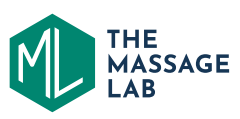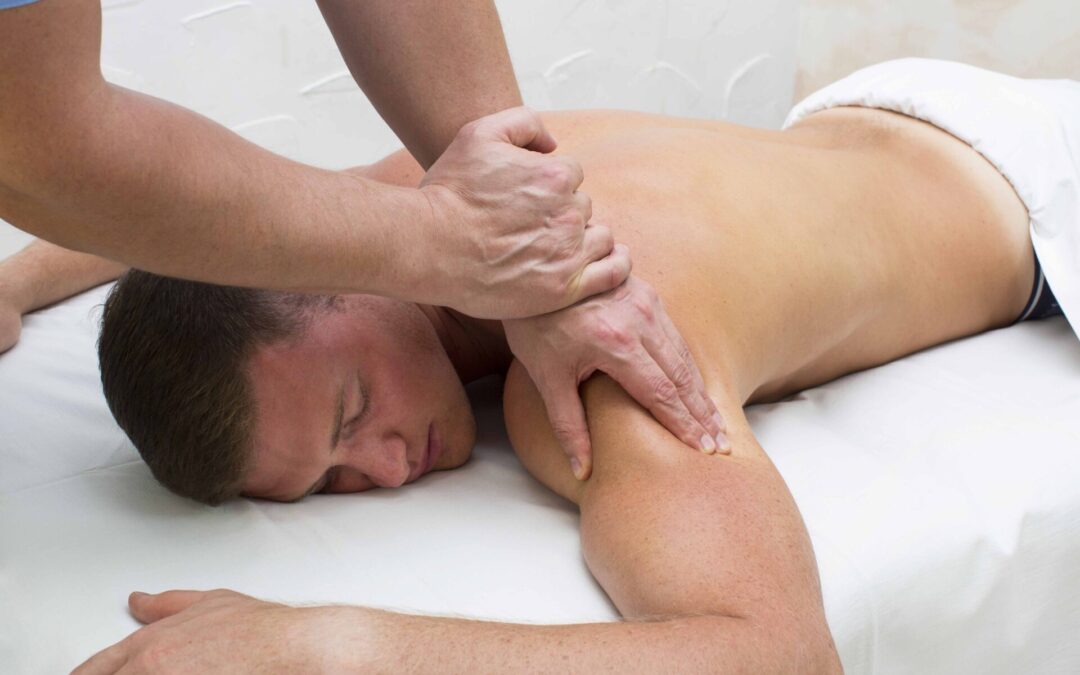Contraindications for Deep Tissue Massage
Deep tissue massage is a therapeutic technique that focuses on realigning deeper layers of muscles and connective tissue. It is commonly used to treat chronic muscle tension and various musculoskeletal problems. However, like any other form of therapy, deep tissue massage may not be suitable for everyone. There are certain contraindications, or medical reasons, that may make deep tissue massage inappropriate or potentially harmful. In this article, we will explore the contraindications for deep tissue massage and when it should be avoided.
Understanding Contraindications
Contraindications are specific circumstances or conditions that prevent or restrict the use of a particular treatment or therapy. In the case of deep tissue massage, contraindications are factors that may make the massage unsafe or ineffective. It is essential for both massage therapists and clients to be aware of these contraindications to ensure the well-being and safety of the individual receiving the massage. If any of these contraindications apply to you, it is recommended to consult with a healthcare professional before undergoing deep tissue massage.
Open Wounds or Skin Infections
Deep tissue massage involves applying firm pressure and manipulating the soft tissues. If you have open wounds, cuts, abrasions, or skin infections, it is best to avoid deep tissue massage in those affected areas. Massaging over open wounds can further irritate the skin and delay the healing process. It is important to prioritize the healing of the wounds before considering deep tissue massage. Instead, focus on other relaxation techniques or consult with your healthcare professional for alternative treatments.
Severe Bruising or Swelling
Individuals with severe bruising or swelling should avoid deep tissue massage, as the pressure applied during the massage may exacerbate these conditions. It is essential to allow the body time to heal and reduce swelling before receiving a deep tissue massage. Applying pressure to already damaged tissues can lead to increased pain and discomfort. Instead, consider applying ice or using anti-inflammatory creams to reduce swelling. Seek medical advice if the bruising or swelling persists.
Fractures or Broken Bones
Deep tissue massage is not recommended for areas with fractures or broken bones. It is crucial to let the bones heal and stabilize before receiving any form of deep tissue massage. Massaging over fractured or broken bones can cause further damage and delay the healing process. It is important to follow the guidance of your healthcare professional and wait until the bones have properly healed before considering deep tissue massage. In the meantime, focus on gentle movements and exercises recommended by your healthcare professional to promote healing.
Recent Surgeries
After undergoing surgery, it is advisable to wait for the appropriate healing period before receiving a deep tissue massage. This allows the body to recover and reduces the risk of complications. Deep tissue massage involves applying pressure and manipulating the soft tissues, which may interfere with the healing process after surgery. It is important to follow the post-surgery instructions provided by your healthcare professional and consult with them before considering deep tissue massage. They will be able to assess your condition and provide guidance on when it is safe to proceed with the massage.
Inflammatory Conditions
Inflammatory conditions such as rheumatoid arthritis, gout, or severe osteoarthritis may be aggravated by deep tissue massage. The deep pressure applied during the massage can potentially worsen inflammation and cause discomfort. It is vital to consult with a healthcare professional before opting for deep tissue massage if you have any inflammatory conditions. They will be able to assess your condition and determine whether deep tissue massage is suitable for you. In some cases, alternative therapies or modifications to the massage technique may be recommended to alleviate symptoms and minimize inflammation.
Blood Clotting Disorders
Deep tissue massage involves applying significant pressure to the muscles and tissues. Individuals with blood clotting disorders, such as hemophilia or deep vein thrombosis (DVT), should avoid deep tissue massage to prevent the risk of dislodging blood clots or causing internal bleeding. If you have a history of blood clotting disorders, it is crucial to inform your massage therapist beforehand. They will be able to modify the massage technique or suggest alternative treatments that are safe for your condition. Prioritizing your safety and well-being is essential when considering any form of massage therapy.
Pregnancy
Deep tissue massage is generally not recommended for pregnant women, especially during the first trimester. However, some therapists may offer specific prenatal massage techniques that are safe for expectant mothers. It is important to consult with a trained prenatal massage therapist to ensure a safe and suitable treatment during pregnancy. Pregnancy brings about various changes in the body, and certain areas may be more sensitive or prone to discomfort. A prenatal massage therapist can provide the necessary expertise to address these concerns and ensure a comfortable experience.
Certain Medications
Some medications, such as blood thinners, muscle relaxants, or pain medications, may interact with deep tissue massage. It is essential to inform your massage therapist about any medications you are currently taking to ensure that the massage does not interfere with your medication or health condition. Your massage therapist will be able to assess the potential risks and adjust the massage technique accordingly. Communication is key to ensuring a safe and effective massage experience, so be sure to disclose all relevant information to your therapist.
Cancer or Tumors
Individuals with an active cancer diagnosis or tumors should avoid deep tissue massage. Massaging over the affected areas can potentially spread cancer cells or worsen the condition. If you have a history of cancer or are currently undergoing cancer treatment, it is crucial to consult with your oncologist before considering deep tissue massage. They will be able to provide guidance based on your specific situation and recommend alternative therapies or relaxation techniques that are safe and beneficial for you. Prioritizing your overall health and well-being is essential when dealing with any medical condition.
Conclusion
Deep tissue massage is a highly effective therapeutic technique for addressing chronic muscle tension and musculoskeletal issues. However, it is important to be aware of the contraindications that may make deep tissue massage unsuitable for certain individuals. Open wounds, severe bruising, fractures, recent surgeries, inflammatory conditions, blood clotting disorders, pregnancy, certain medications, and cancer or tumors are some of the common contraindications for deep tissue massage. Consulting with a healthcare professional and informing your massage therapist about any pre-existing conditions or medications is essential to ensure a safe and effective treatment. By prioritizing your safety and well-being, you can make informed decisions about your massage therapy journey.
FAQ
Q: Can I get a deep tissue massage if I have open wounds or skin infections?
A: No, it is best to avoid deep tissue massage in areas with open wounds, cuts, abrasions, or skin infections.
Q: Should I get a deep tissue massage if I have severe bruising or swelling?
A: No, individuals with severe bruising or swelling should avoid deep tissue massage as it may exacerbate these conditions.
Q: Is deep tissue massage recommended for areas with fractures or broken bones?
A: No, it is not recommended to get a deep tissue massage in areas with fractures or broken bones. It is important to let the bones heal and stabilize first.
Q: Can I receive a deep tissue massage shortly after a surgery?
A: It is advisable to wait for the appropriate healing period after a surgery before getting a deep tissue massage to reduce the risk of complications.

